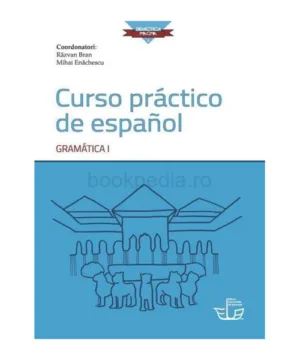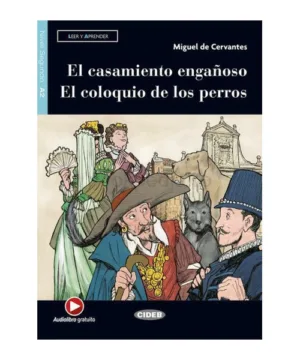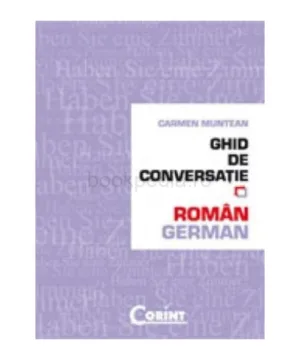Too Smart for our Own Good: The Ecological Predicament of Humankind
296,30 lei
| Authors | Craig Dilworth |
|---|---|
| Publisher | Cambridge University Press |
| Year | 2009 |
| Pages | 546 |
Additional information
| General | |
|---|---|
| Authors | Craig Dilworth |
| Publisher | Cambridge University Press |
| Year | 2009 |
| Others | |
| Identification | |
| ISBN-13 | 9780521757690 |
| Format | |
| Pages | 546 |
Description
We are destroying our natural environment at a constantly increasing pace, and in so doing undermining the preconditions of our own existence. Why is this so? This book reveals that our ecologically disruptive behavior is in fact rooted in our very nature as a species. Drawing on evolution theory, biology, anthropology, archaeology, economics, environmental science and history, this book explains the ecological predicament of humankind by placing it in the context of the first scientific theory of our species' development, taking over where Darwin left off. The theory presented is applied in detail to the whole of our seven-million-year history. Due to its comprehensiveness, and in part thanks to its extensive glossary and index, this book can function as a compact encyclopedia covering the whole development of Homo sapiens. It would also suit a variety of courses in the life and social sciences. Most importantly, Too Smart makes evident the very core of the paradigm to which our species must shift if it is to survive. Anyone concerned about the future of humankind should read this ground-breaking work. This book: • Provides the first and only theory of humankind's development • Explains that economic and political (military) power have their respective biological bases in individual vs. group territoriality • Provides the first classification of human instincts: into the survival, sexual and social instincts • Provides the most inclusive characterization of different kinds of population check yet presented • Explains the importance of the anthropological, archaeological and economic findings of the past 50 years to understanding humankind's development • Clarifies the preconditions for human life on earth • Predicts what will happen to us in the near future
















